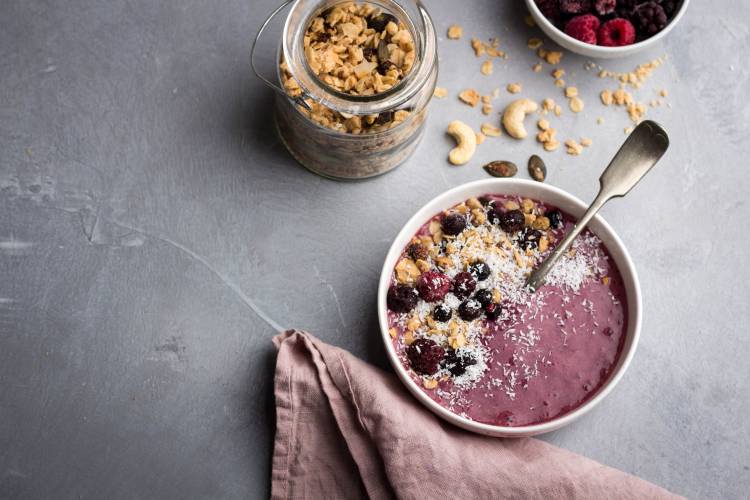What Is the Okinawa Diet?
The Okinawa diet is based on the traditions of the inhabitants of the Ryukyu Islands in Japan. Average lifespans vary wildly across different countries and the island is no exception. In Japan, the average lifespan is 84 years old – and five times as many Okinawans are expected to live to 100 years old than their counterparts in other areas of the country.

What’s their secret to a long life? Many think it may be due to their diet.
Eat the Rainbow
This aspect isn’t unique to the Okinawa diet; however, it is one of the core principles to eat a wide variety of fruits and vegetables. The color variation between foods provides different kinds of antioxidants and nutrients that support living a healthy lifestyle. Popular Okinawan vegetables include:
- Sweet potatoes
- Soybeans
- Seaweed
- Herbs and spices
- Shiitake mushrooms
Meat & Seafood for Special Occasions
Meat and seafood aren’t “off limits,” but should instead be consumed in small, limited quantities. Okinawans mostly stick to a plant-based diet except for special occasions.
Limited Grains & Dairy
Grains, even the whole variety, are limited in the Okinawa diet. Too much of these foods, which often have high amounts of gluten, can create digestive discomfort and inflammation among other things for those whose bodies are sensitive to gluten.
Dairy is very limited in the Okinawa diet, making plant-based milk products the perfect healthy alternative for those following this eating discipline.
Hara Hachi Bu
At the center of the Okinawa diet is the concept of hara hachi bu, a style of eating that is based on a Confucian teaching that reminds people to stop eating when they are 80 percent full. This is considered the key to not overeating.
By slowing down and eating mindfully, Okinawans think about what and how they’re eating by regularly checking in with themselves to decide if they have appeased their appetites before continuing to eat. This gives the stomach time to send a signal to the brain to let them know they are full.
Supplement Your Diet
No matter what eating pattern or diet you’ve adopted, it’s important to make sure you’re getting all the necessary vitamins and nutrients your body needs to function! Click here for BIOVEA’s selection of multivitamins.
Tags: BareOrganics, BIOVEA, diet, dieting, eating mindfully, fish, Hara Hachi Bu, health and wellness, healthy lifestyle, healthy living, Japan, mushrooms, Okinawa Diet, overall vitality, plant-based diet, Ryukyu Islands, vegetables




Comments For 'A Closer Look at the Okinawa Diet'